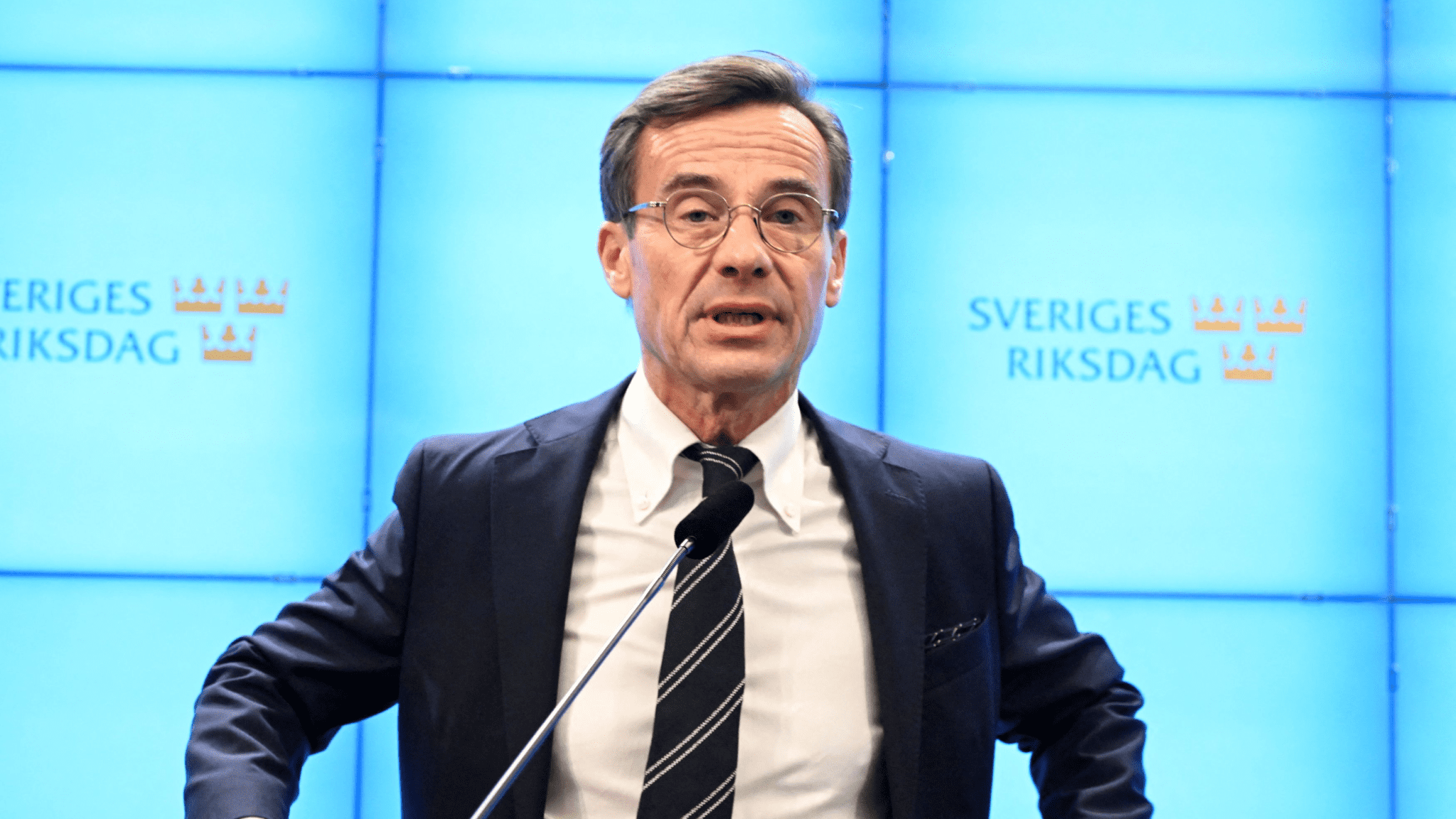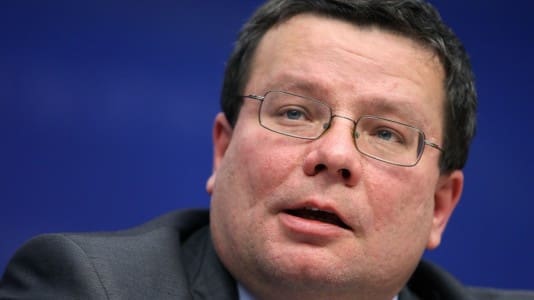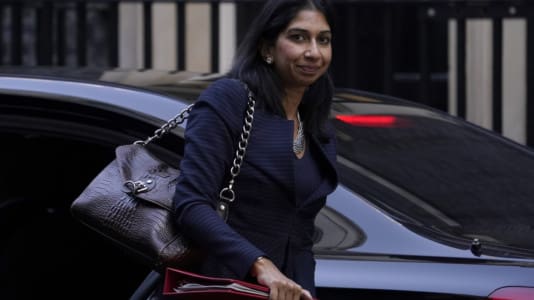The new center-right Swedish government has come to power and is promoting sweeping changes after eight years of Social-Democrat rule, with the four-party coalition promising the country’s biggest crackdown on organized crime and major changes to immigration policy.
“No other country in all of Europe has the same trend of violence as Sweden: 53 fatal shootings so far this year, often outright executions,” freshly elected Prime Minister Ulf Kristersson said in parliament. “The government now begins the biggest offensive in Swedish history against organized crime.”
The crackdown includes a major review of the country’s penal code and will grant additional powers to police in their effort to crack down on criminal gangs, which have become increasingly powerful and violent in recent years, Kristersson said.
The prime minister indicated that the new cabinet will consist of 24 members, 11 women and 13 men. He also described the political breakdown of the coalition, which will see 13 politicians from Kristersson’s own Moderate Party, six from the Christian Democrats, and five from the Liberal Party.
Kristersson called for further changes to refugee policy, which he said was unsustainable, leading to poor integration, unemployment, insecurity, and other problems.
Around 20 percent of Sweden’s 10 million people are foreign-born, many of them refugees from war-torn countries including Syria, Iraq, Afghanistan, and Somalia. In recent years, these groups have been a major problem for Swedish society, often forming criminal clans and partaking in gangland shootings, drug dealing, and sexual assaults.
Sweden’s new prime minister also spoke about energy policy, saying that the potential of nuclear energy should be exploited, adding that Sweden’s goal for electricity generation is to move from 100 percent renewable energy to 100 percent fossil-free energy.
Kristersson also pledged his support for his country’s and Finland’s ongoing accession to NATO, adding that his government would abide by the previous government’s agreement with Turkey and would not support groups that Ankara considers to be terrorist organizations.






